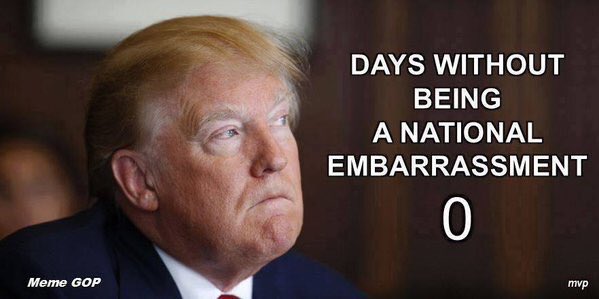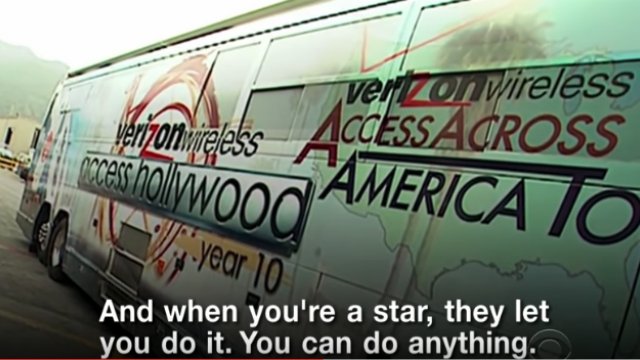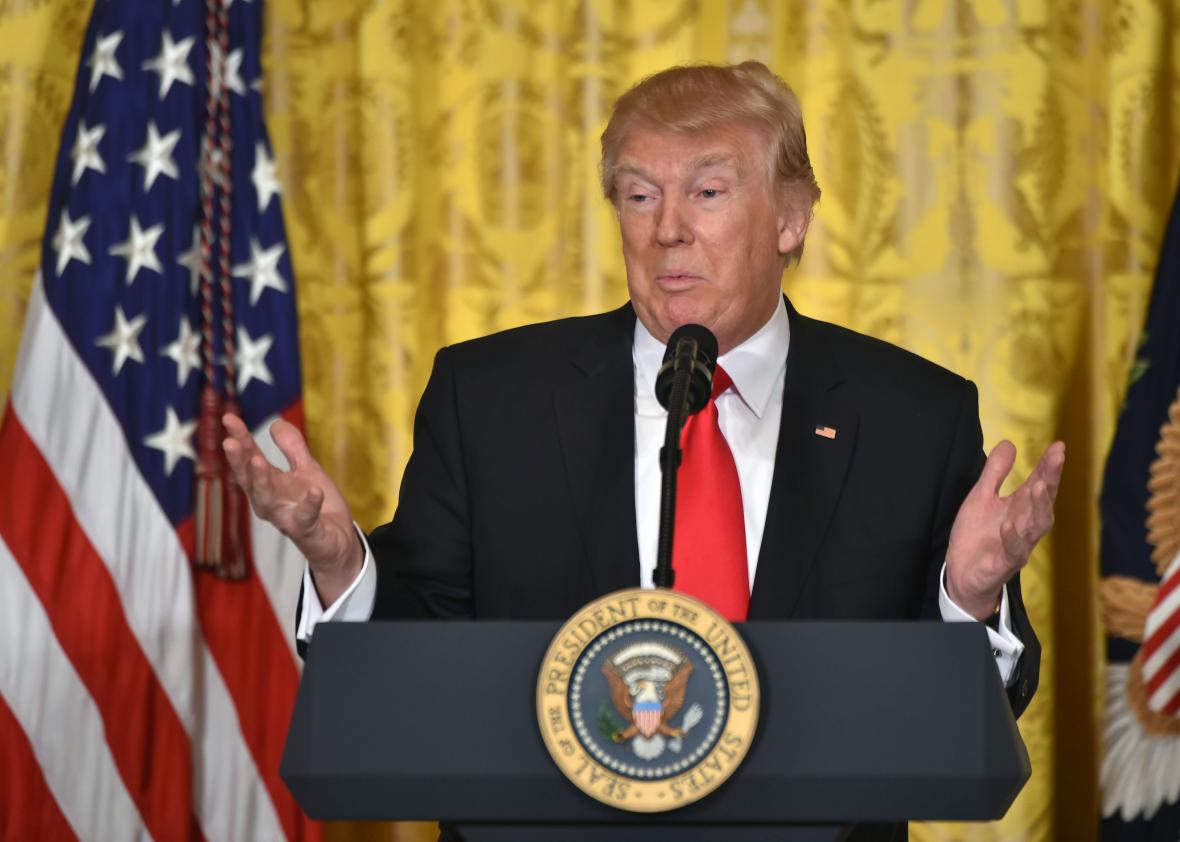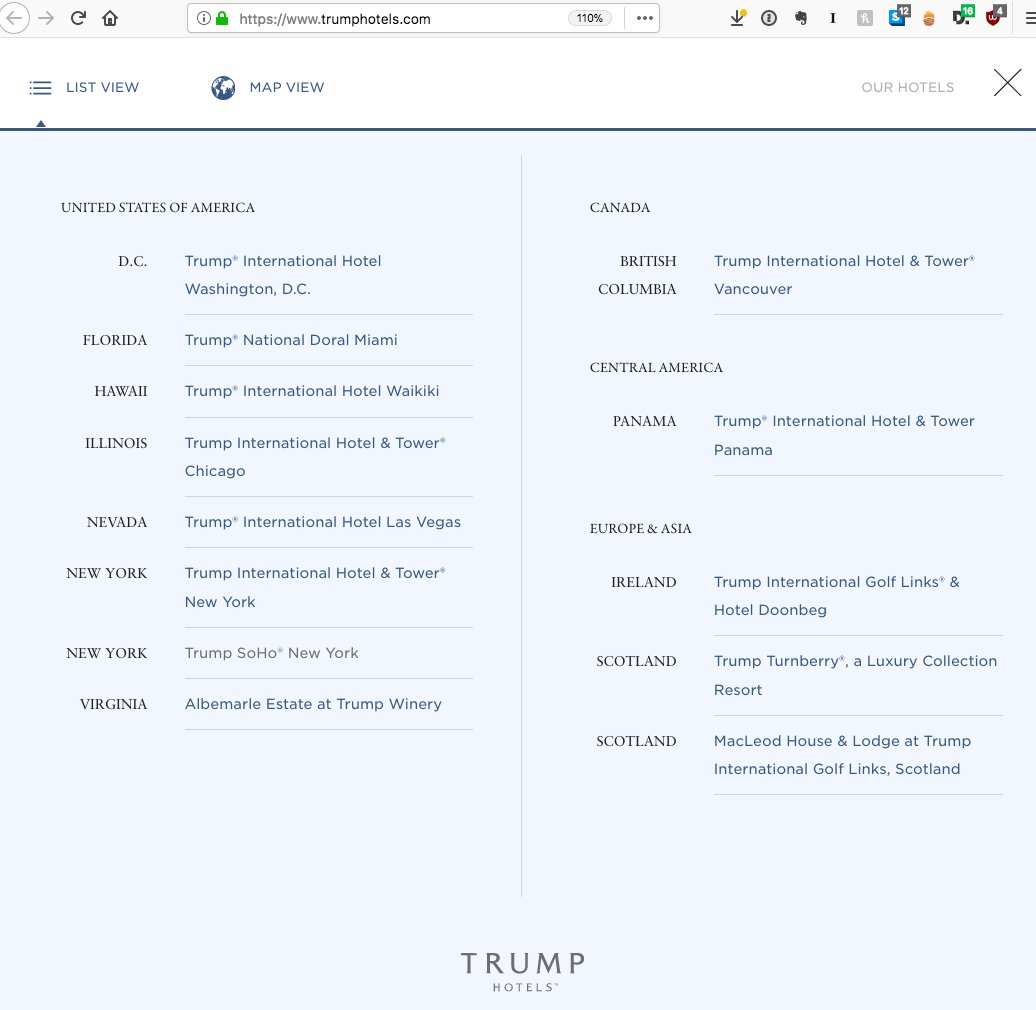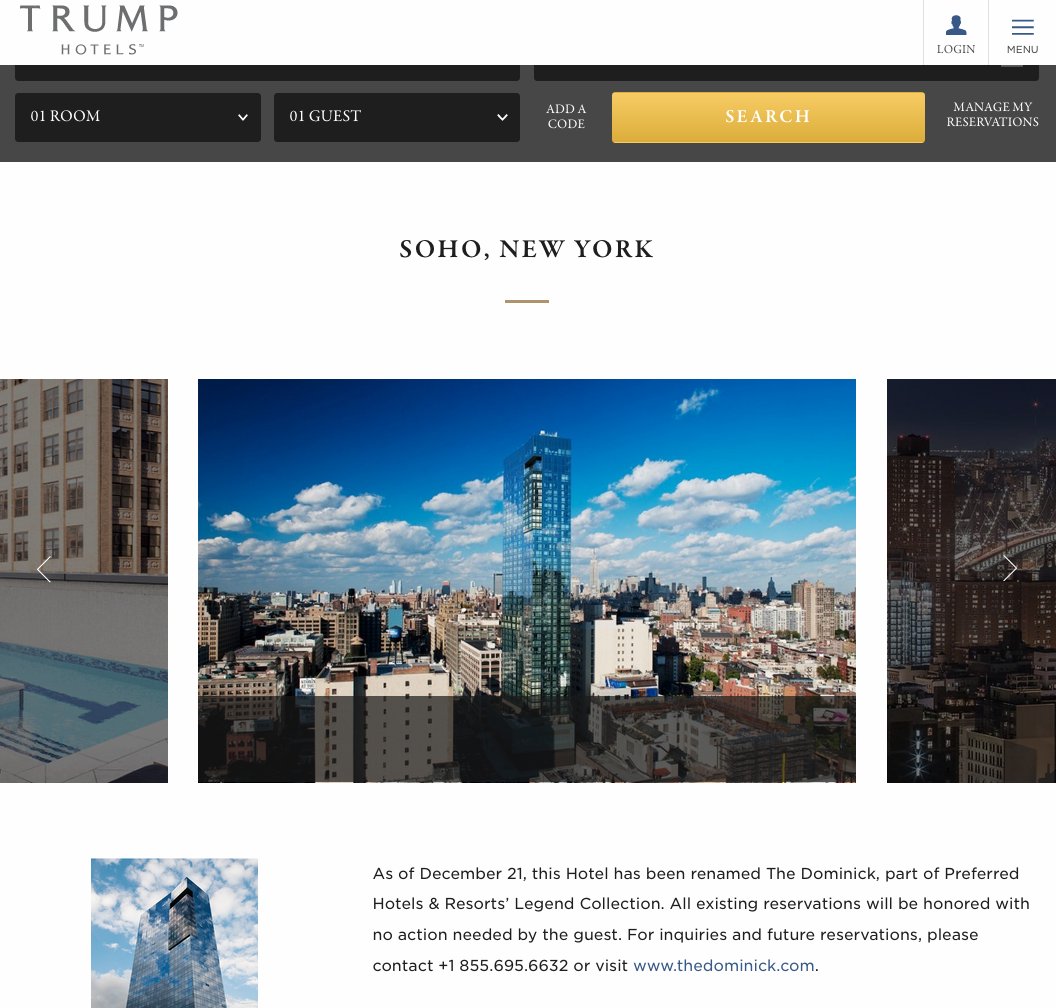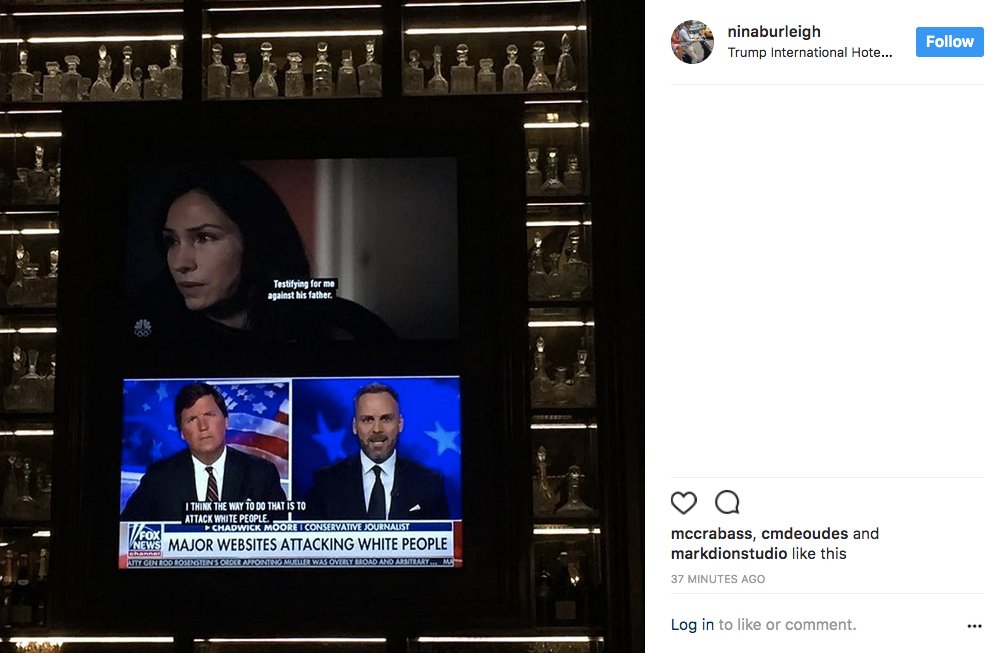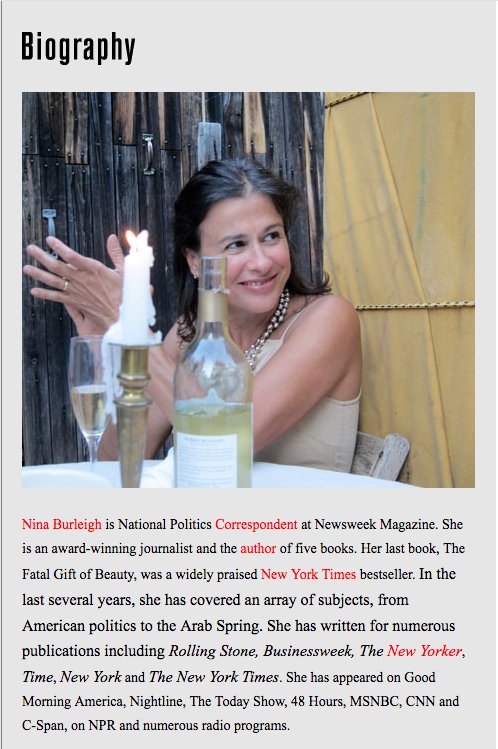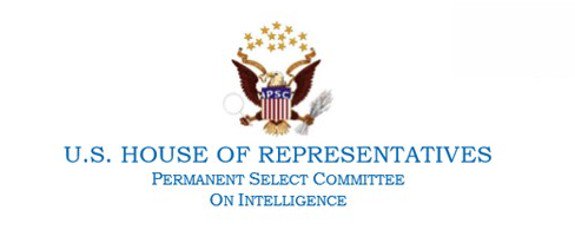
Early March—Big break: hired by campaign
Mid-March—Unexpectedly goes to Italy
March 14—happens to meet Kremlin agent in Italy
March 14-21—likely meeting w/ Trump
March 21—Named to NatSec team; Trump says "great guy"
Late March—second meeting w/ Kremlin agent
March 31—Tells Trump of Russia contacts for the first time (likely Team Trump lie)
April 1—promoted to Russia policy role
Early April—promoted to editing Trump's first foreign policy speech
April 26—learns Russia is committing crimes against the U.S.
April 27—Trump promises Russia "good deal" on sanctions
March-June—GP tells NatSec team of Russia contacts and is praised
June 2016—Per HPSCI, GP still working on setting Trump campaign-Russia meetings
July 2016—Tons of Trump campaign-Russia meetings
1) Trump inexplicably left Mike Flynn off his NatSec team.
2) Mike Flynn was the one person in touch with Russia pre-Papadopoulos.
3) Trump keeping Flynn off his NatSec team helped Flynn operate covertly.
Papadopoulos
Flynn
Gates
Wouldn't it be bizarre if Flynn went to Moscow to dine with Putin, came back and joined the Trump campaign, and is *also* good friends with the guy who put Manafort at the helm of Trump's operation?
That meeting was on March 31, 2016. Manafort became Campaign Manager on March 29, 2016.
HPSCI can only pull this nonsense because Papadopoulos wasn't free to speak to them.








